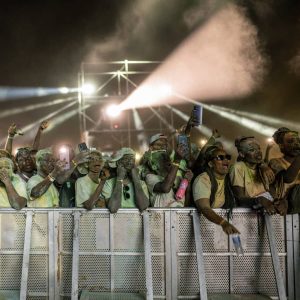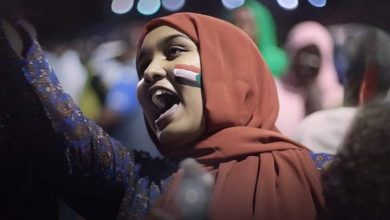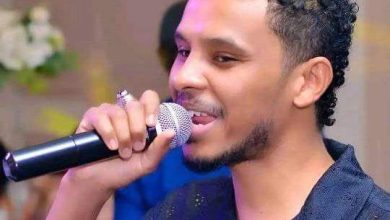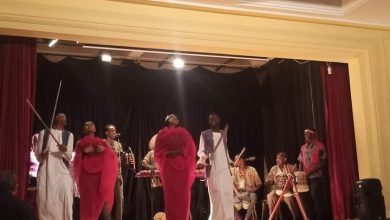Africans Are Changing French — One Joke, Rap and Book at a Time (3-3)
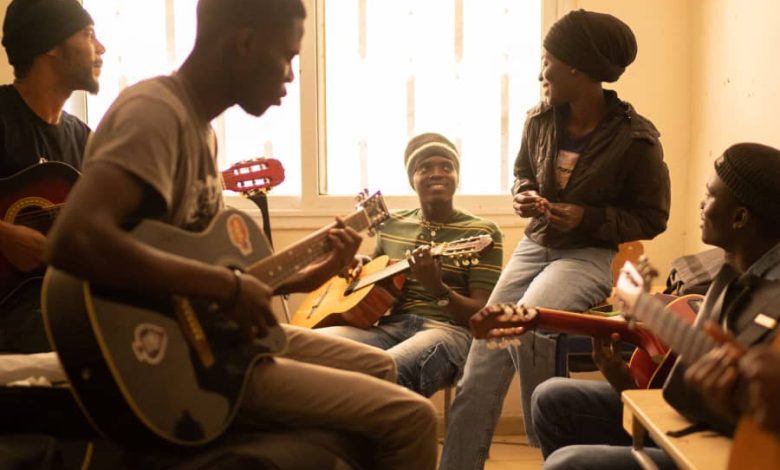
Agencies – Sudan Events
Today, more than a third of Ivorians speak French, according to the International Organization of the Francophonie. In Tunisia and the Democratic Republic of Congo — the world’s largest French-speaking country — it is more than half.
“African children are still learning in French in extremely difficult conditions,” said Francine Quéméner, a program specialist in charge of language policies at the International Organization of the Francophonie. “They must learn to count, write, read in a language they don’t fully grasp, with teachers who themselves don’t always feel secure speaking French.”
Still, Ms. Quéméner said French had long escaped France’s control.
“French is an African language and belongs to Africans,” she said. “The decentralization of the French language is a reality.”
At the Hip Hop Académie, a youth program founded by the rapper Grödash in a Paris suburb, teens and children scribbled lyrics on notepads, following instructions to mix French and foreign languages.
Coumba Soumaré Camara, aged 9, tried out a few words from the mother tongues of her Mauritanian and Senegalese parents. She ended her couplet with “t’es magna” — you’re mean — combining French syntax and an expression from Mauritania.
Hip-hop, now dominating the French music industry, is injecting new words, phrases and concepts from Africa into France’s suburbs and cities.
Students at the Hip Hop Académie, a youth program founded by a rapper, in Les Ulis, a suburb of Paris.
One of the world’s most famous French-speaking pop singers is Aya Nakamura, originally from Mali. Many of the most streamed hip-hop artists are of Moroccan, Algerian, Congolese or Ivorian origins.
According to the New York Times, “Countless artists have democratized French music with African slang,” said Elvis Adidiema, a Congolese music executive with Sony Music Entertainment. “The French public, from all backgrounds, has become accustomed to those sounds.”
But some in France are slow to embrace change. Members of the French Academy, the 17th-century institution that publishes an official dictionary of the French language, have been working on the same edition for the past 40 years.
On a recent evening Dany Laferrière, a Haitian-Canadian novelist and the only Black member of the academy, walked the gilded corridors of the Academy’s building, on the left bank of the Seine River. He and his fellow academicians were reviewing whether to add to the dictionary the word “yeah,” which appeared in French in the 1960s.
Laferrière acknowledged that the Academy might need to modernize by incorporating entire dictionaries from Belgian, Senegalese, or Ivorian French.
“French is about to make a big leap, and she’s wondering how it’s going to go,” Mr. Laferrière said of the French language. “But she’s excited about where she’s headed.”
He paused, stared at the Seine through the window, and corrected himself.
“They, not she. They are now multiple versions of French that speak for themselves. And that is the greatest proof of its vitality.”
Dany Laferrière, a Haitian-Canadian writer and the only Black member of the French Academy, in the academy’s halls in Paris. He said there are now “now multiple versions of French that speak for themselves.
